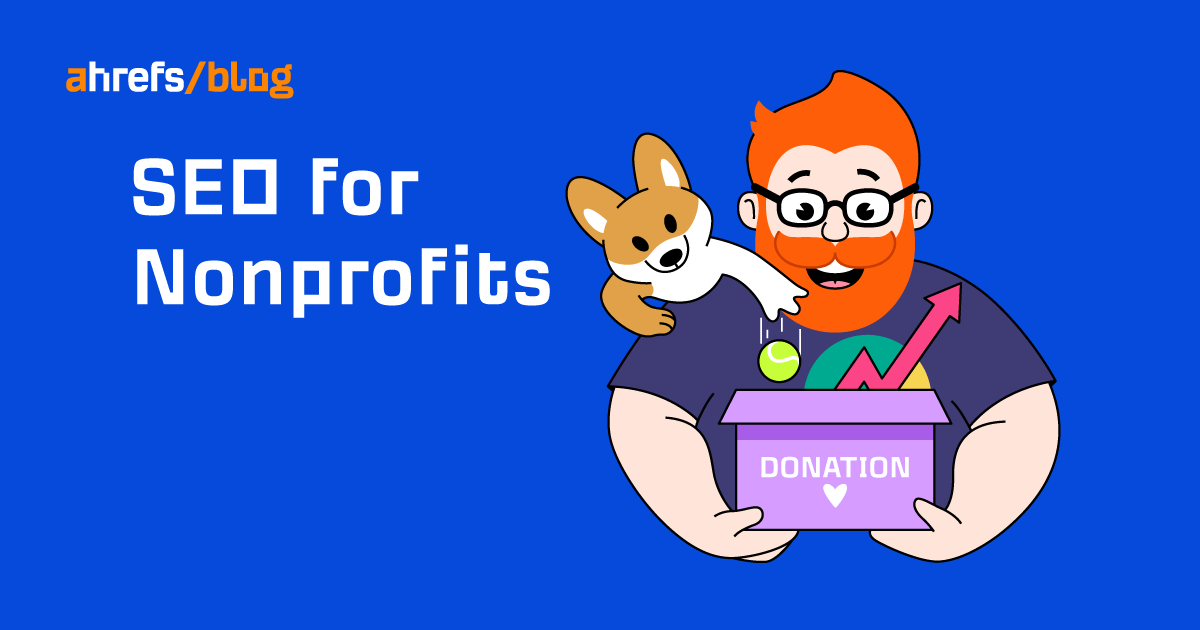How to Rank Seasonal Ecommerce Products via @sejournal, @martinibuster
Google’s John Mueller answered a question about the difficulties of ranking seasonal products, mentioning how they suspected that structured data might be the reason. John responded with actionable suggestions for how to get seasonal product pages indexed and ranked....

Google’s John Mueller answered a question about the difficulties of ranking seasonal products, mentioning how they suspected that structured data might be the reason. John responded with actionable suggestions for how to get seasonal product pages indexed and ranked.
Seasonal Product Pages
The person asking the question related how their ecommerce client sold seasonal products, such as bakery products specific to various holidays.
They related how Google’s structured data requirements resulted in a yellow warning in Google’s structured data test, warning of recommended structured data fields that were missing.
The person handling the SEO suggested that this was causing the seasonal product pages to not rank.
Google’s John Mueller Explaining How to Rank Seasonal Content
 The problem was summarized as:
The problem was summarized as:
“In other words, the page can be crawled but not submitted, indexed or ranked.”
John Mueller first confirmed that the incomplete structured data would not prevent the seasonal product page from ranking.
He stated that even if the HTML was broken that that would not be a factor to influencing against the page being indexed.
Mueller stated:
“The page can definitely be indexed, even if some of the structured data markup is wrong.
The page can be indexed even if the HTML itself is completely broken.”
How to Rank Seasonal Products on Google
Mueller next turned his attention to providing helpful suggestions for how to rank seasonal products on Google.
“The other part I think is something that is useful to look at specifically for ecommerce sites, in that it’s very helpful for us to understand what you would consider to be important across a website.
That means when we look at a website, if you show us as visibly as possible what you think is critical here, then it’s easier for use to pick that up.
From a practical point of view, that means when we look at something like the home page of a website or whatever the most important page is from the website, like… let us know about what you consider to be important and link to that prominently.
So for something like a Saint Patrick’s day cake, that’s something where when we look at their home page, we should be able to see that this is actually a seasonal thing and this is really important for you and that we find direct links from the home page to that specific product.”
Mueller followed up by saying that when he looked at the specific site that was the subject of the question he saw that the seasonal page was not prominently linked from the home page or even from the next level down.
Mueller remarked:
“That means for us, when we look at this website overall, even if we see this specific product being mentioned in a sitemap file, it looks like some random product that just happened to show up in the ecommerce site.
We don’t realize that actually, this is something that is really important to you and that you would like to have treated prominently in the search results.
So what I would do in cases like this, where you have especially some time limited event happening, is make sure that you’re really visibly linking to that from the home page.
That you include some of the …in the home page as well so that even if we only re-index and reprocess your home page we already know that there’s some information there that we can pick up on.
So if you have a Saint Patrick’s day cake for example, and you mention it on your home page, and we only update your home page for whatever reason, then if someone searches for Saint Patrick’s Day cake then we will at least know your home page could be relevant for that query.
And ideally if it’s linked directly from their home page, then we can pick up that product as well and see, well, this is a really important product for this website.
And probably we can process it a little bit faster than we could some random other product that you happen to update on a website.
So essentially with internal linking, you can give us a lot of information about what you care about across a website.
And for a large page, our algorithms will try to follow that.
It’s not that they’ll make a judgment call on their own. It’s more that they look at your site and they realize oh, this person says this is really important.
So we will give it a little bit more weight.
And what you consider important is totally up to you. It might be something seasonal. It might be something that you sell really well. …All of that is totally up to you.
But make it as clear as possible when we look at your website, especially your home page, especially the more important pages on the site, what you want to be treated in the foreground when it comes to search.”
Tell Google What’s Important
The major takeaway here is that it’s important to be mindful of how your site signals to Google what is important.
That means some pages are not as important as others. All pages generally can’t be equally important. Some pages, particularly seasonal content, needs to be spotlighted so that Google can understand that that page is important.
Citation
How to Rank Seasonal Ecommerce Products
Watch John Mueller answer the question at the 31:43 minute mark

 Aliver
Aliver 
































